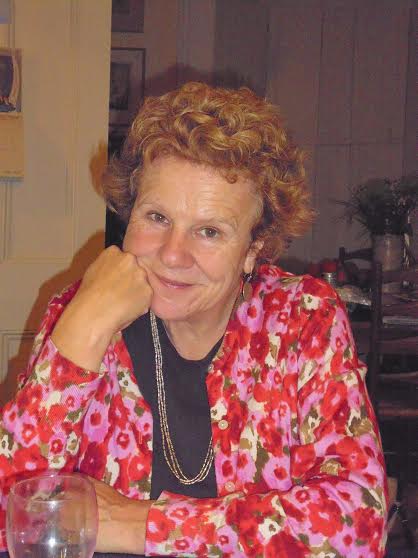I won't bore you with the details of my troubled past. It's enough to say that I was one of six children; two died before they were forty; the remaining four are divided into two hostile camps; and only two of us turned up for our mother's funeral.
That's sad enough. But if I had not started therapy when I was thirty, I, too, would have been dead within ten years.
At the time I did not understand my good fortune, but I found the perfect therapist. Looking back now, thirty years after I first walked into that consulting room, I see how good she was. When I first met her, she told me that 30 was a good age to start therapy. Now, when I see my friends seeking out therapists for the first time in their 50s and 60s, I see how lucky I was.
Overall, she was sensible and seemed to me profoundly wise.
I was referred to her by my GP, who knew that my depression at the time needed more than what the surgery counsellor could offer. My therapist was a woman, and a medical doctor. They say that the sex of one's therapist is not important, which may be true. She spoke in plain English and never used jargon. She was practical minded and had a strong sense of humour. Overall, she was sensible and seemed to me profoundly wise. I was immensely pleased to realise that she remembered details about me and clearly thought about my case even when I wasn't there.
To me she became a surrogate mother to counter the destructive behaviour of my own mother, who competed with her children and never saw any of us as individuals. My therapist became my secret weapon in my struggle to grow up and have a healthy separation from my family.
Listening to stories about other therapists I am acutely aware of what my therapist did not do as much as what she did do. She was always constructive. She never took sides. If I raged about my mother, she would not automatically agree with me. She did not judge people's behaviour but focused on the dynamics of all my complicated family relationships and the frequent dramas that arose from them.
I was immensely pleased to realise that she clearly thought about my case even when I wasn't there.
Many times she helped me see my mother's behaviour in the context of her own family history - not excusing anything but making me understand why and how. And perhaps because she was a doctor, she was not hostile to my taking anti-depressants when things were particularly bad.
All clients are curious about their therapists' private lives and I did my fair share of sleuthing. Even before the internet, this was fairly easy. I quickly worked out that she had teenage children and was divorced. She was a generation younger than my parents and did not, it seemed, come from a privileged background like mine. This gave me extra respect for her. I also detected a touch of a northern accent, another difference I appreciated.
Now I occasionally go back to see her when I have something I want to work out but it's more like seeing a friend and the sessions are not formal. I actually know very little about her but I love her dearly and always will. My perfect therapist has enabled me not only to live a life and hold down demanding jobs but also to enjoy that life and have relationships with my husband and children that don't bear me ceaselessly, and destructively, into the past.

